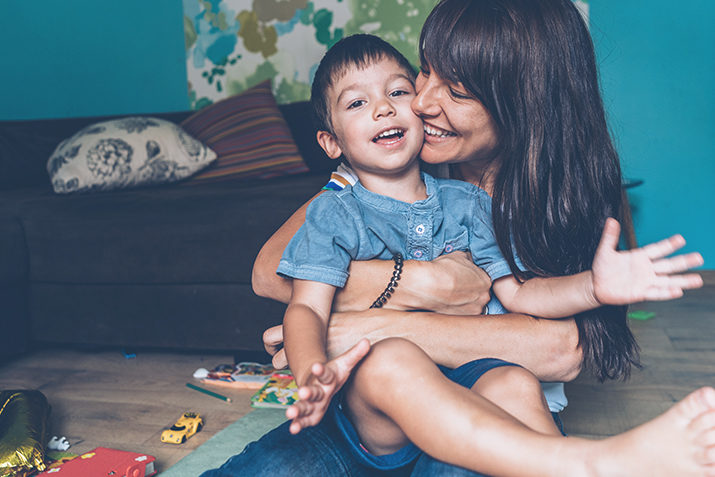A Bit Of Personal Space and Time For Oneself is Indispensable Part of Any Relationship
We all struggle with personal space at a certain age. It is essential to know when we need a private room for our growth. The concept of personal development is underrated, which is ruining the lives of many youths. Parents should put in extra efforts to show their kids the invisible area protected by intruders.
Can you recall your toddler days when aunts used to pull you, touch your cheeks and pull them to enjoy its puffiness, and dragging to make you sit on their lap or kissing you without your concern? Not every touch or kiss is out of affection, and even if it is, one must know the boundaries.
Boundaries Define Your Personal Space
Everyone has a boundary where no one is allowed to enter. One should set standards that should not be trespassed by anyone. It helps to generate social skills. Parents can always help their child to protect personal space and boundaries. It will help your child to feel safe.
We have enumerated some fundamental ways to teach your child about personal safety, privacy, personal space, and boundary.
1. Cite an Example
Place a square-shaped mat on the floor. Ask your kid to stand in the middle of that mat. Make him/her understand that square’s borders are defining boundaries and the remaining area is personal space. Instruct them to safeguard their freedom.

Children replicate the actions of adults. They can learn and absorb better if good representation is given.
2. Reminders Can Bring a Change
Try to give reminders on when and how to use private rooms and washrooms. Instruct them to close the doors when using it. Try to speak out loud when you are using restrooms. Close the door and mention it verbally to give emphasis.
3. Talk About It and Listen To Your Child
Sit with your kid and monitor his/her activities closely. Try to point out casually and give examples while going to a market or any public place. It will help your child to relate and learn.

Lend an ear to your kid so that he/she can come up with the problems. Try to have a healthy discussion on how well the day was spent.
4. Empower Them By Giving Choices
Children outperform themselves when given options. They feel less burdened when there are choices. Ask your child before hugging or kissing. Ask them whether they are comfortable with love and care or not. They will always learn from this and will replicate the same.
5. ‘No’ is a complete sentence.
Teach and make them learn how to say no. The word ‘No’ is very potent. Instruct your child to say no whenever he/she is feeling uncomfortable.
Also Read : Growing Independence: Tips For Parents Of Young Children
Creative Content Writer at GCPA | Experienced in Content Writing Feel free to contact me at Team@139.84.133.140

